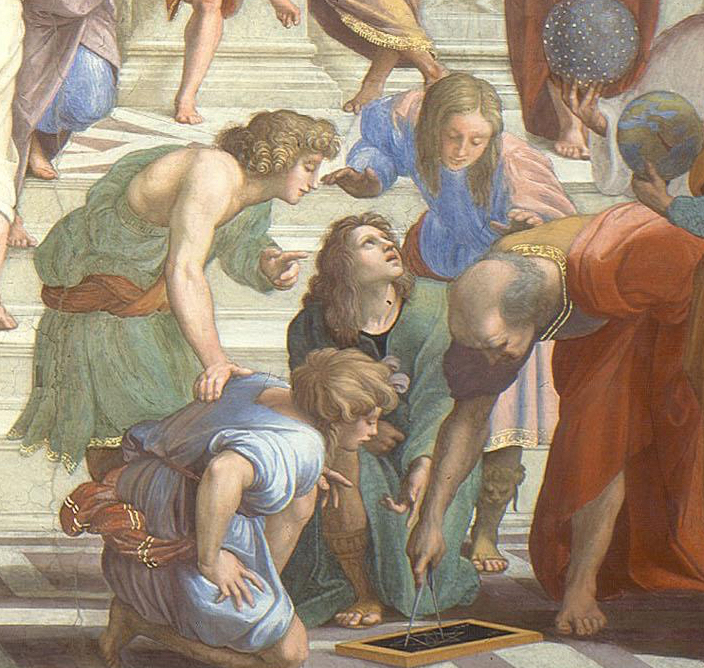Some quotations from the Nicomachean Ethics
"We are what we repeatedly do. Excellence, then, is not an act but a habit."
“Freedom is obedience to self-formulated rules.”
“Wisdom or intelligence and prudence are intellectual virtues, liberality and temperance are moral virtues.”
“A person without regrets cannot be cured.”
“Without friends no one would choose to live, though he had all other goods.”
“Pleasure causes us to do base actions and pain causes us to abstain from doing noble actions.”
“The beginning seems to be more than half of the whole.”
"Aristotle conceives of ethical theory as a field distinct from the theoretical sciences. Its methodology must match its subject matter—good action—and must respect the fact that in this field many generalizations hold only for the most part. We study ethics in order to improve our lives, and therefore its principal concern is the nature of human well-being. Aristotle follows Socrates and Plato in taking the virtues to be central to a well-lived life. Like Plato, he regards the ethical virtues (justice, courage, temperance and so on) as complex rational, emotional and social skills. But he rejects Plato's idea that a training in the sciences and metaphysics is a necessary prerequisite for a full understanding of our good. What we need, in order to live well, is a proper appreciation of the way in which such goods as friendship, pleasure, virtue, honor and wealth fit together as a whole. In order to apply that general understanding to particular cases, we must acquire, through proper upbringing and habits, the ability to see, on each occasion, which course of action is best supported by reasons. Therefore practical wisdom, as he conceives it, cannot be acquired solely by learning general rules. We must also acquire, through practice, those deliberative, emotional, and social skills that enable us to put our general understanding of well-being into practice in ways that are suitable to each occasion." -- Stanford Encyclopedia of Philosophy





